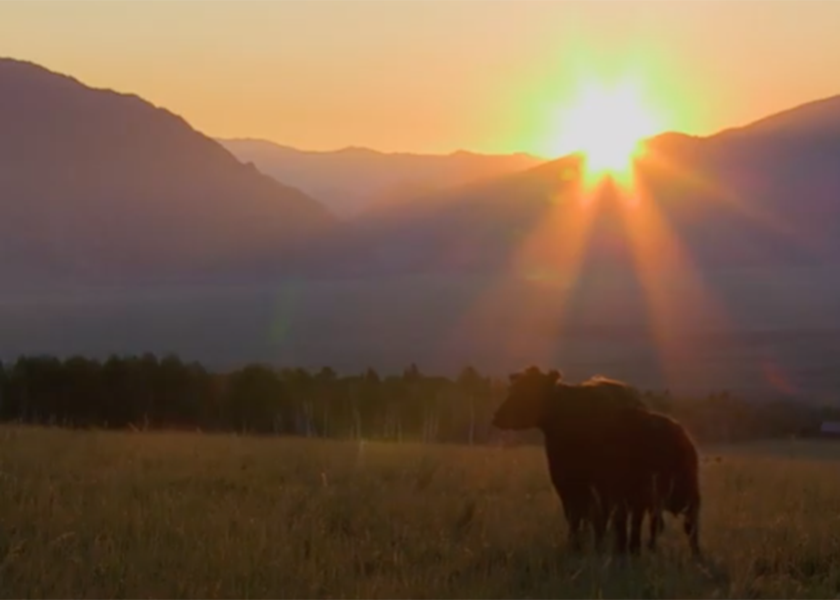Here Comes the Sun: 5 Easy Steps to Avoid Skin Cancer

Skin cancer is the single most common cancer in the U.S. In 2022, the American Cancer Society estimates:
- About 99,780 new melanomas will be diagnosed.
- About 7,650 people are expected to die of melanoma.
Farmers, livestock producers and others in the agriculture industry are part of core skin cancer statistics related to outdoor work, consistently ranking highest in overall sun exposure.
Even though farmers are at a higher risk of facing skin cancer during their lives, they are unlikely to take prevention steps. During a free skin cancer screening during 2011 Wisconsin Farm Technology Days, nearly 200 farmers were surveyed on the topic. Results included:
- Only 23% of farmers reporting sunscreen use always or frequently when out in the sun for 15 minutes or more.
- Common barriers to sun protection included discomfort with wearing long pants and long shirts, forgetfulness with sunscreen use and inconvenience with wearing wide-brimmed hats.
See Until It Happened To Me to read Steve Cornett’s personal account of skin cancer treatment.
5 Prevention Steps
The National Center for Farmer Health suggests farmers take these five sun protection steps:
- Slip on a long sleeve shirt and/or pants.
- Slop on SPF 50+ sunscreen.
- Slap on a broad-brim hat.
- Slide on sunglasses.
- Seek shade.
Don’t Fall Victim to Common Myths
Common beliefs about skin cancer are fraught with inaccuracies. The American Society for Dermatologic Surgery debunks common skin cancer myths:
- Myth: People who tan easily and rarely burn will not get cancer. False. There is no such thing as a healthy suntan. Evidence shows tanning greatly increases your risk of developing skin cancer.
- Myth: Young people don’t have to worry about skin cancer. False. Melanoma is the most common form of cancer in young adults, ages 25 to 29.
- Myth: You don’t need to wear sunscreen on a cloudy day. False. Even under cloud cover, it is possible for the sun to harm your skin and eyes and cause long-term damage.
- Myth: Dark-skinned men and women are not at risk for sun damage and skin cancer. False. Though naturally dark people have a much lower risk of skin cancer than fair-toned people, this does not make them immune to skin cancer.
Look for Trouble Signs
Because the success of skin cancer treatment relies on early detection, seeing and understanding the signs of malignant skin lesions are crucial. The Center for Disease Control’s ‘ABCs’ for identifying melanoma can help:
- A-Asymmetry: Does the spot or mole have an irregular shape? Are there multiple portions that appear different?
- B-Borders: Does it have uneven, irregular or jagged edges?
- C-Color: Is the color uneven or varying?
- D-Diameter: Is it larger than a pea? Has it grown?
- E-Evolving: Has it changed in shape, size or color? Has it become sensitive or started to bleed?







